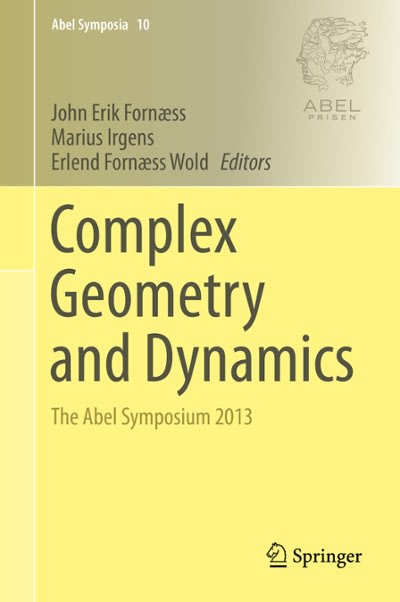Question
A political sciencitst recently said the following in response to a question on how to make Vancouver housing prices more affordable: Don't get me started
A political sciencitst recently said the following in response to a question on how to make Vancouver housing prices more affordable: "Don't get me started on spectators who add nothing of value and just artificially increase housing prices. Why we let speculators flip pre-sale condos is unimaginable."
Let's assume that Bob Jones began construction of a 20 storey condo building in 2015. In order to help finance his project, Bob pre-sells some of the condo units. A "Pre-sale" is where buyers purchase the condo in 2015 even though the building will not be occupied until 2017. Let's considere two identical condo units: "A" is pre-sold to Jane For $300,000, and that Bob ended up selling condo "B" for $500,00 in 2017.
- What determined the price of condo "B" in 2017? Show this in a graph assuming that there is fixed supply of condo units "A" and "B"
- What will the price of condo "A" be in 2017? Dos the fact that condo "A" was pre-sold to Jane in 2015 have any bearing on the price in 2017?
- The Condos obviously increased in value over the two years, resulting in a capital gain. Who captured the capital gains of each condo?
- If Jane decides to sell her condo in 2017 rather than lve in it, what does this say about her total value of the condo compared to the purchasers in the market? Would her sale increase social value (the sum of seller and consumer surplus)?
- Given your answers from (a) to (d), does speculation increase housing prices, and should we ban it as the political scientist suggests?
Step by Step Solution
There are 3 Steps involved in it
Step: 1

Get Instant Access to Expert-Tailored Solutions
See step-by-step solutions with expert insights and AI powered tools for academic success
Step: 2

Step: 3

Ace Your Homework with AI
Get the answers you need in no time with our AI-driven, step-by-step assistance
Get Started


